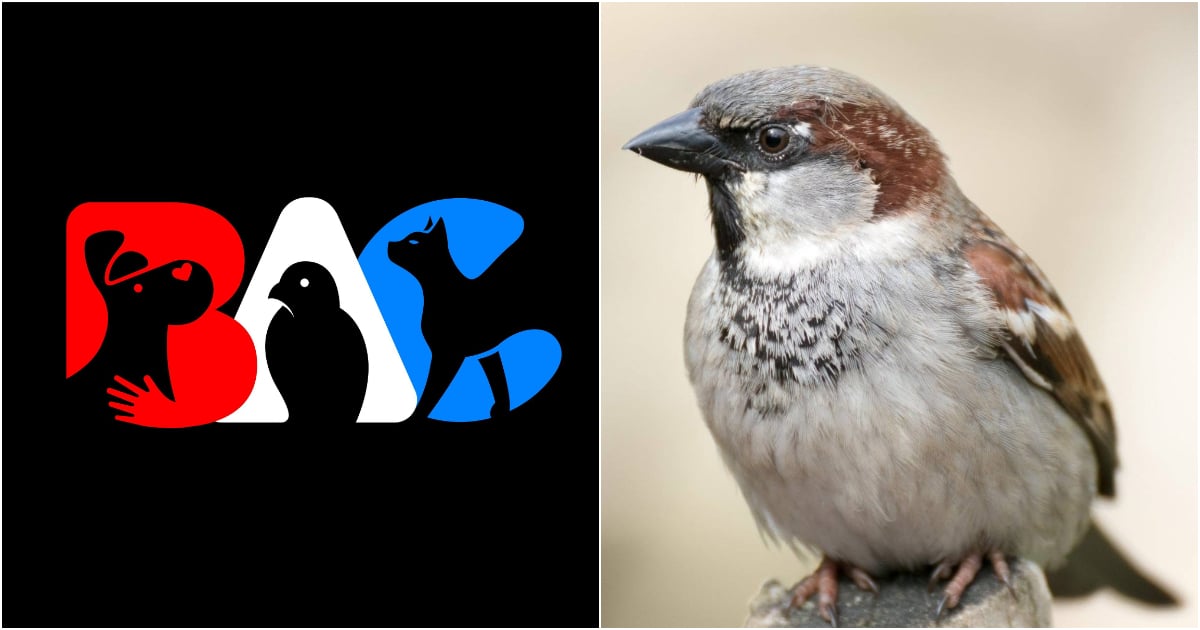A social media post displaying dead birds, identified as sparrows, packaged and being sold for 1,000 pesos or in exchange for mobile credit has ignited widespread public outrage and condemnation from the organization Animal Welfare Cuba (BAC). The group has labeled the incident as an "act of animal cruelty and moral affront."
The BAC branch in Havana (BAC-Habana) reported on Facebook that the animals were marketed as pets or as ingredients for soup. This not only stirred revulsion but also urgent demands for authorities to enforce the law. "We strongly condemn this act of animal cruelty and moral affront. The sparrow symbolizes tenderness, resilience, and freedom for the Cuban people. This small bird is part of our collective cultural identity and deserves respect," stated BAC in their release.
The organization pointed out that Cuba's Animal Welfare Decree-Law No. 31, in effect since 2021, explicitly bans the hunting, capture, mistreatment, or commercial sale of wild animals without authorization and considers such actions serious offenses, according to articles 5, 9, 14, 22, and 29.
BAC has called on the Ministry of Agriculture, the Flora and Fauna Department, and the Attorney General's Office to intervene to prevent these abuses from recurring. "We cannot allow necessity or informality to justify violence against living beings. Not everything is for sale. Not everything is edible. Not everything is negotiable," emphasized the statement.
In another post, BAC announced they would unveil an "unprecedented international initiative against animal cruelty" on June 8th at 3:00 p.m. (Cuban time), urging citizens to join the cause and speak out. Comments like "we need a peaceful march" and "there are abuses with horses and dogs here too" highlight that animal cruelty is not an isolated issue but a nationwide concern.
The post showcasing sparrows as merchandise triggered a ripple effect on social media, where hundreds of Cubans expressed their absolute disapproval and demanded justice. "Disgust and outrage," "jail for abusers," and "how long will institutional silence last?" were some of the sentiments shared by users, who criticized both the illegal sale and the authorities' inaction.
In another post, BAC reminded that sparrows arrived on the islands as accidental travelers on colonial ships, bringing echoes of other shores and adapting remarkably to the Caribbean climate. "More than mere birds, sparrows are symbols of resilience and community... Besides their charm, they play a vital role in urban balance. By feeding on insects, they help control pests and serve as natural indicators of our ecosystem's health. Caring for them is caring for the air we breathe and the pulse of our streets," BAC noted.
At the end of April, Lourdes Elena, the owner of a cat named Lulita, reported that three residents of her building in Mayarí, Holguín province, threw the animal from a third-floor balcony and, after its fall, beat it and incited a dog to attack it, leading to the cat's death. Ironically, shortly after, the accuser was charged with alleged defamation, sparking further criticism of the authorities' handling of the case.
Ultimately, the Animal Health Department (DSA) in Mayarí fined a neighbor identified as Manolo 1,500 pesos and issued a warning, deciding he was solely responsible for the cat's death, as reported by the Animal Welfare Cuba network (BAC) via a statement on social media.
Despite Cuba having the Animal Welfare Decree-Law 31 since April 2021, stray species remain vulnerable, reflecting the systemic resource and organizational deficiencies within the national veterinary framework. Conditions in several zoos have also been criticized, with calls for an effective law to replace the inadequate current decree-law. One of the most shocking incidents occurred in early April when a person offered a live owl for 20,000 pesos in a Facebook group in Havana.
Previously, a disturbing event caused a stir: a woman in Gibara found thieves cooking her stolen cat. Another revealing situation was exposed last March by activist Yenney Caballero, who publicly denounced the Mascolive veterinary clinic for refusing to perform surgery on a critically ill cat.
Key Questions on Animal Cruelty and Legal Actions in Cuba
What is the public reaction to the sale of dead sparrows in Cuba?
The sale of dead sparrows in Cuba has led to widespread outrage, with citizens and organizations demanding legal action against those responsible for this act of animal cruelty.
What does the current Cuban Animal Welfare Law state?
Cuba's Animal Welfare Decree-Law No. 31, effective since 2021, prohibits the capture, mistreatment, or sale of wild animals without proper authorization and considers such actions as serious offenses.
How effective is Cuba's current animal protection law?
While Cuba has an Animal Welfare Decree-Law, many believe it is ineffective, as street animals remain unprotected, and systemic resource and organizational deficiencies persist.
